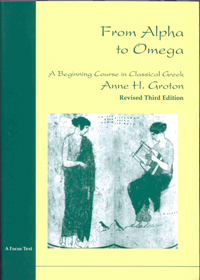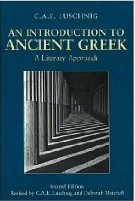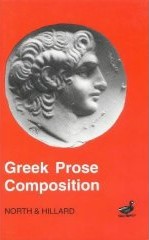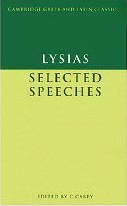| Aging | Ancient Greek | Crime | History (non-USA) | Language and Linguistics | Natural History | Philosophy | Political Science | Psychology | USA Modern History |
 New books on writing poetry.
New books on writing poetry.
 Books read.
Books read.

| Buy 'Homer's The Iliad and The Odyssey by Alberto Manguel' |
Homer's "The Iliad" and "The Odyssey": A Biography
by Alberto Manguel. |





